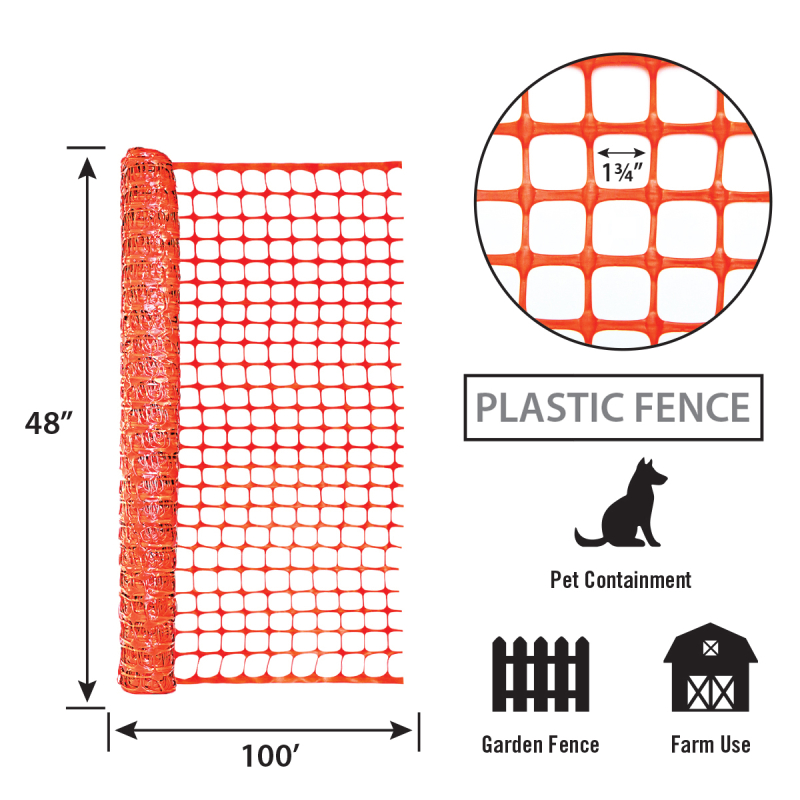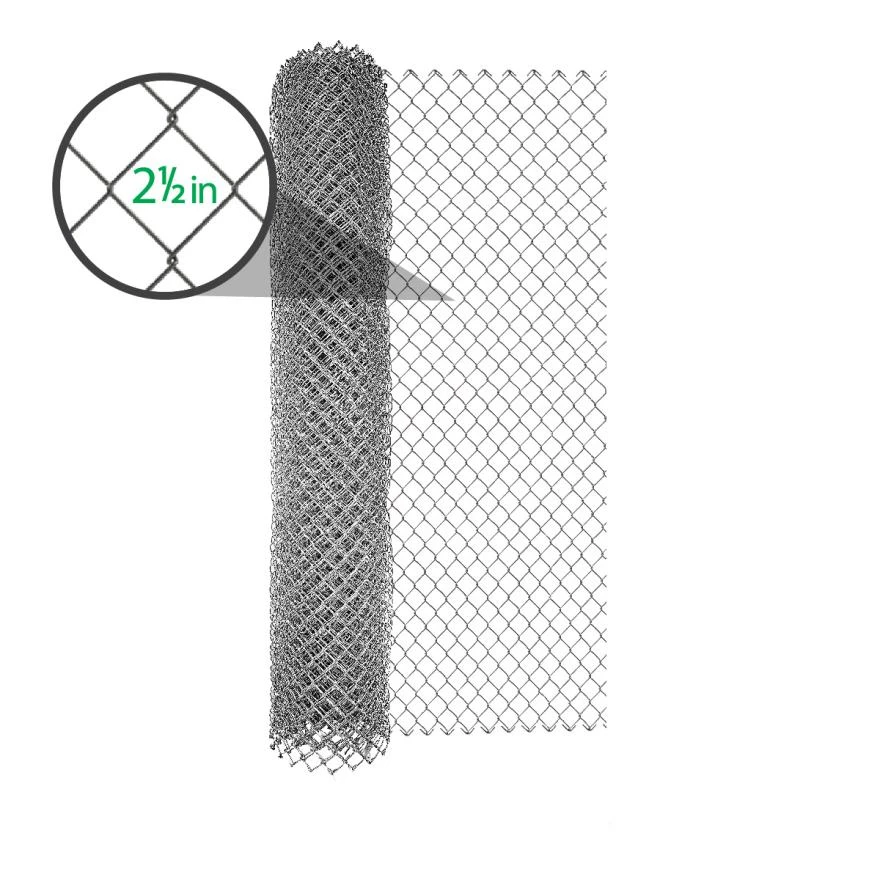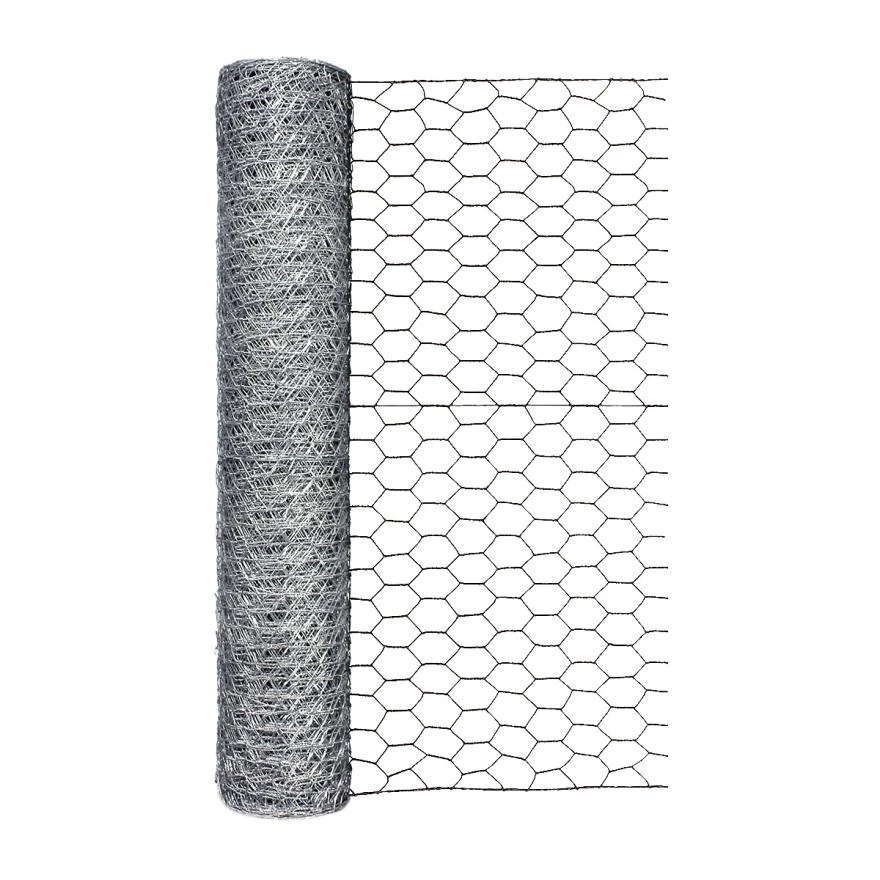Exploring Various Types of Trailer Couplers and Their Unique Features for Optimal Towing Performance
Ago . 15, 2024 04:05
Different Types of Trailer Couplers
When it comes to towing trailers, a reliable and secure connection between the tow vehicle and the trailer is of paramount importance. This connection is facilitated by a device known as a trailer coupler. There are various types of trailer couplers, each designed for specific applications and towing needs. Understanding the different types of couplers can help you select the right one for your towing requirements.
1. Ball Couplers
One of the most common types of trailer couplers is the ball coupler. This type is designed to work with a hitch ball, which is mounted on the towing vehicle. Ball couplers provide a simple and effective connection and are available in different sizes, typically ranging from 1-7/8 inches to 2-5/16 inches in diameter. The advantage of ball couplers is their versatility, as they can be used with a variety of trailers, including recreational vehicles, horse trailers, and utility trailers.
2. Straight Tongue Couplers
Straight tongue couplers are usually found on smaller trailers. This coupler includes a straight tongue that is bolted to the trailer and secures the trailer to the hitch ball of the towing vehicle. Straight tongue couplers are easy to use and provide a stable connection. They typically come with a latch mechanism that locks the coupler onto the hitch ball, ensuring safety during travel.
A-frame couplers are specifically designed for A-frame trailers, which include boat trailers and some types of camper trailers. These couplers feature an A-shaped design and are mounted at the front of the trailer. A-frame couplers typically utilize a flat plate that bolts onto the trailer frame. This design is advantageous for load distribution and stability during towing.
different types of trailer couplers

4. Sway Control Couplers
For larger trailers or those that may experience sway during travel, sway control couplers are an excellent choice. These couplers incorporate mechanisms that help stabilize the trailer while driving. They can be used with various types of hitches and help prevent the trailer from swaying side to side, making towing safer and more comfortable.
5. Surge Couplers
Surge couplers are often used for boat trailers. They operate using the momentum from the tow vehicle to engage brakes on the trailer, thus reducing the chance of trailer sway or accidents. Surge brakes are activated when the tow vehicle slows down, providing additional stopping power when needed. This type of coupler can be particularly advantageous for trailers that frequently encounter steep grades or stop-and-go traffic.
6. Pintle Couplers
Pintle couplers differ significantly from ball couplers in that they feature a hook and loop design. This type of coupler is incredibly robust and is designed for heavy-duty use. Pintle couplers are ideal for commercial applications, such as towing construction equipment or military vehicles. They allow for a greater range of motion between the vehicle and the trailer, which can be beneficial in off-road or uneven conditions.
Conclusion
Choosing the right trailer coupler is essential for safe towing. Whether you are hauling a small utility trailer or a large boat, understanding the different types of couplers will guide you in selecting the appropriate option for your needs. Each type of coupler has its specific advantages, depending on the weight, size, and purpose of the trailer. Before you head out on your next adventure, make sure to invest some time in learning about trailer couplers to ensure a safe and enjoyable experience on the road.









 Unity
Unity Creation
Creation Challenge
Challenge Contribution
Contribution










